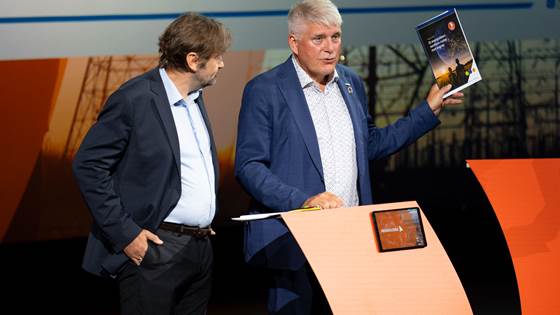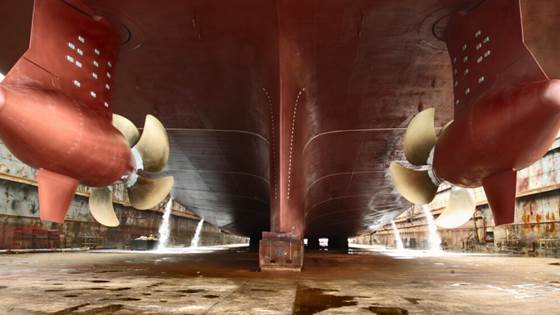
From R&D to Reality: Lessons for decarbonising hard-to-abate industries at COP30
Can we decarbonise hard-to-abate industry without losing competitiveness? SINTEF’s official UNFCCC side event at COP30 explored real-world innovations that can cut emissions while improving energy efficiency.













